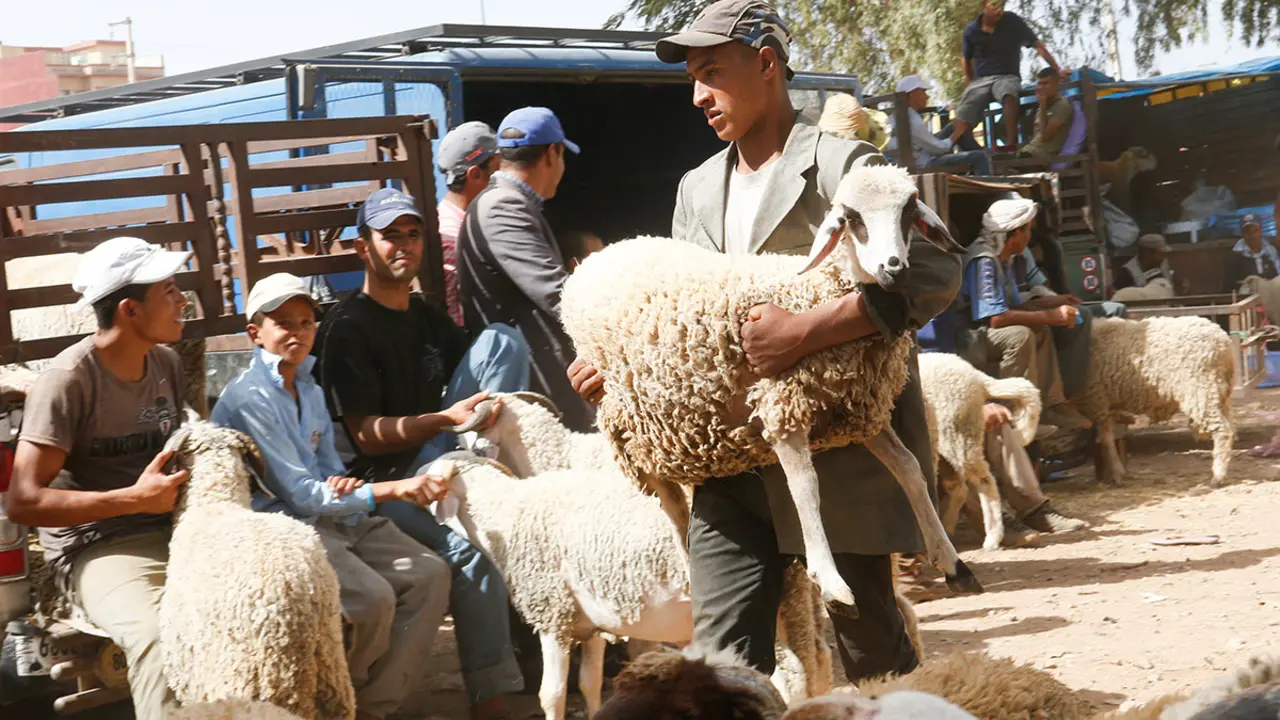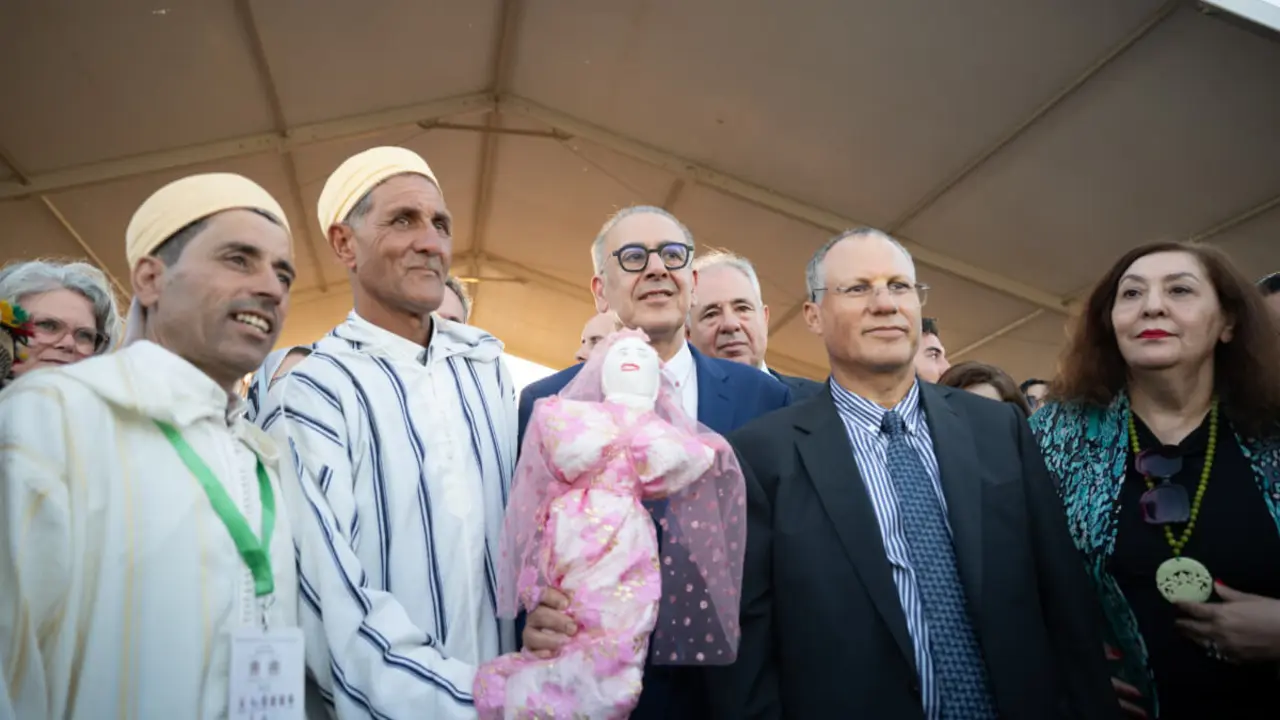WHO approves first COVID-19 vaccine produced in Latin America

The World Health Organisation (WHO) has given the go-ahead to the first COVID vaccine developed in Latin America. This solution is based on a version from the AstraZeneca laboratory, according to the WHO office for the Americas.
The development of the immuniser required joint work between the Argentinean biopharmaceutical company mAbxience, which is in charge of producing the active pharmaceutical ingredient, and Laboratorios Liomont of Mexico, which is responsible for the final synthesis and distribution of the product.
"This is an important milestone for Latin America and highlights the importance of technology transfer to increase the availability of quality covid-19 vaccines in the region," said Carissa Etienne, director of the Pan American Health Organization (PAHO).

The development of the vaccine was possible thanks to cooperation between the public and private sectors in Argentina and Mexico and as a result of "investments made in the development of a scientific and technological base and in regulatory oversight," said the PAHO director.
The version of the AstraZeneca vaccine produced in the Latin American region is already being used in various countries in the region, although, unlike other Cuban-made doses such as Soberana 02 and Abdala, it is the only one considered valid by the WHO. Its approval is in process, which will open the door to its distribution to other nations through its future inclusion in the PAHO and Covax Revolving Fund, which aims to provide around 2 billion vaccines to developing countries.

The procedure to enter the EUL list is to provide vaccines and treatments as soon as possible during a public health emergency. To date, there are 11 vaccines on the WHO's emergency use list, of which it recommends that countries choose one of them, noting that they were evaluated according to international standards of quality, safety and effectiveness.
Given the current problem with supply, Etienne explained that having international backing shows that Latin America and the Caribbean is ready to develop its pharmaceutical manufacturing capacity. "If given the opportunity and the tools, our region can contribute to the supply of vaccines," she said.
PAHO launched a regional platform last August with the goal of reducing dependence on medicines, vaccines and medical supplies produced outside the region.

The WHO's news about the Latin American version of AstraZeneca's vaccine comes at a time when the Americas are facing a steady rise in infections, with more than 100 million cases of HIV-positive COVID-19, according to data from the Pan American Health Organisation (PAHO). In the last week, more than 1.1 million new infections were reported in the region, up 6% from the previous week.
As of 23 December 2021, Latin America and the Caribbean have reported a total of 47,197,2459 cases of COVID-19. In the region, Brazil is the most affected country with about 22.23 million confirmed cases. Argentina ranks second, with approximately 5.4 million infected, followed by Mexico with 3,943,764 cases, according to Statisa Research Department data.

The Omicron variant is already present in regions around the world. At the moment, the Latin American countries most affected by the new outbreak are Argentina, Bermuda, Brazil, Canada, Chile, Colombia, Costa Rica, Cuba, Ecuador, French Guiana, Guadeloupe, French Guiana, Cayman Islands, Mexico, Panama, Peru, Puerto Rico, St. Martin, Trinidad and Tobago, and the United States.
The current situation is being controlled more effectively in countries where vaccination levels are higher, such as Cuba and Chile, where vaccination levels are around 90%, compared to most Latin American countries, which are stagnating between 50 and 70%.







